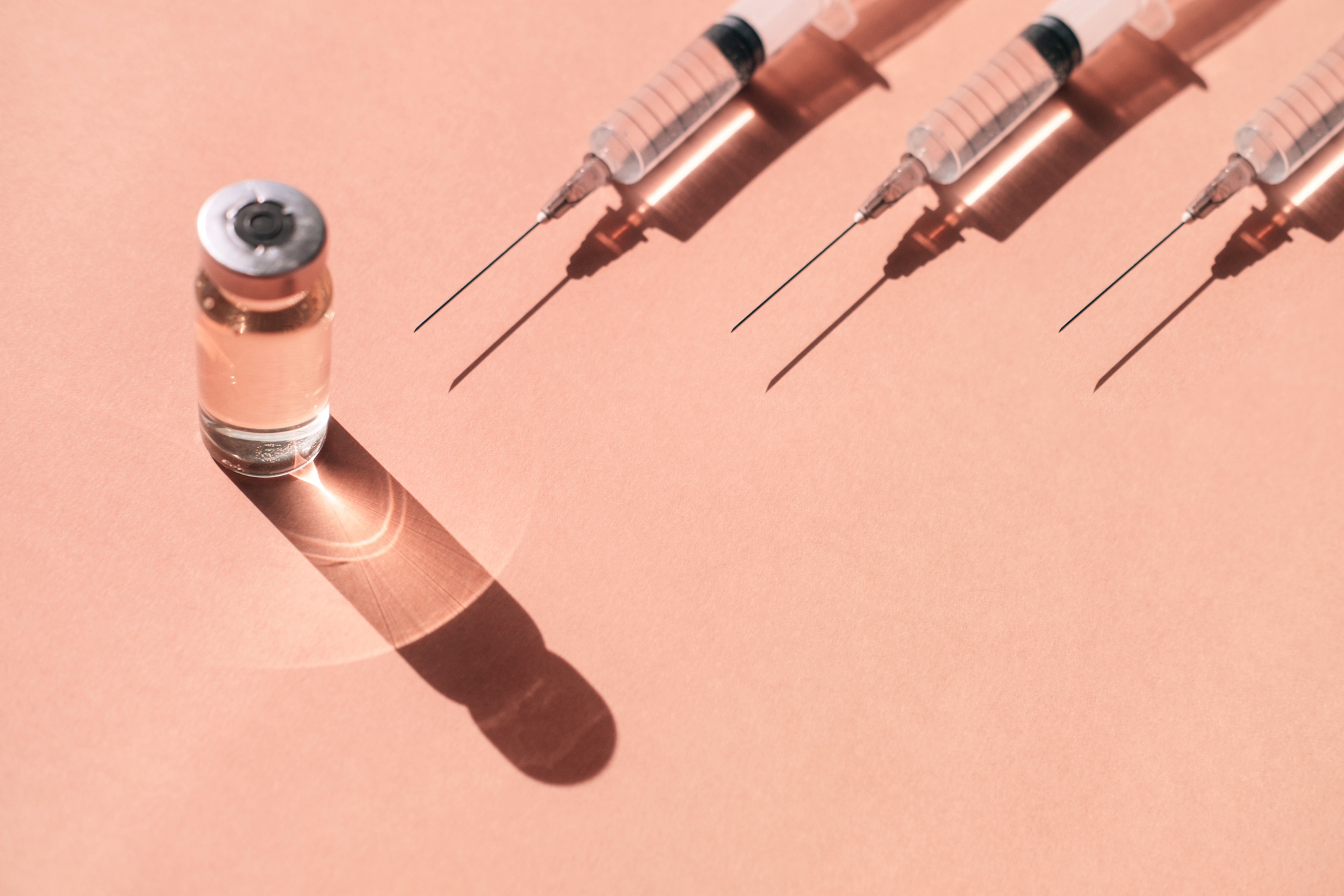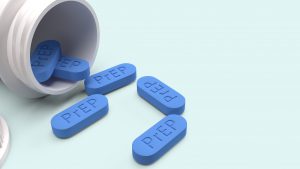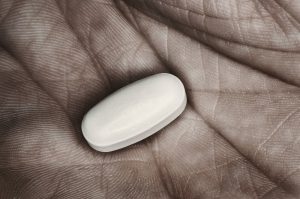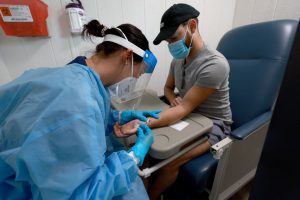A study by researchers from the CUNY Institute for Implementation Science in Population Health (ISPH) at CUNY SPH found that gay and bisexual men reported a general willingness to consider a potential HIV vaccine, while expressing concerns about side effects, safety, and potential barriers.
For the study, doctoral candidate Alexa D’Angelo, MPH students Michelle Dearolf, Jennifer MacMartin, and Mathew Elder, Distinguished Professors Christian Grov, Denis Nash, and Sarit Golub of Hunter College used data collected as part of the Together 5,000 study, a U.S. national internet-based cohort study of adult cisgender men, transgender women, and transgender men who were vulnerable to HIV. The researchers conducted in-depth interviews with non-prep-using men who have sex with men on their perceptions of a potential HIV vaccine.
Participants expressed a spectrum of attitudes towards an HIV vaccine, ranging from enthusiastic support to cautious optimism and skepticism. Positive perceptions were often linked to community-oriented altruism, where individuals felt a sense of duty to protect not only themselves but also their community from HIV.
Concerns about potential side effects and the efficacy of the vaccine were prominent among participants. There was also a notable mistrust in the vaccine development process, which was exacerbated by the experiences and narratives surrounding COVID-19 vaccines.
Participants expressed a desire for specific information about the HIV vaccine, including its safety, efficacy, and the logistics of vaccine administration. They also indicated preferences for how and where they would like to receive this information, emphasizing the need for accessible and trustworthy sources.
“The study highlights the importance of addressing both the motivators and barriers to vaccine acceptance among gay and bisexual men to inform future HIV vaccine implementation efforts,” says D’Angelo. “Understanding these perceptions can help tailor communication strategies and interventions to increase vaccine uptake when an HIV vaccine becomes available.”
This study was conducted as part of Dearolf, MacMartin, and Elder’s Capstone research.




